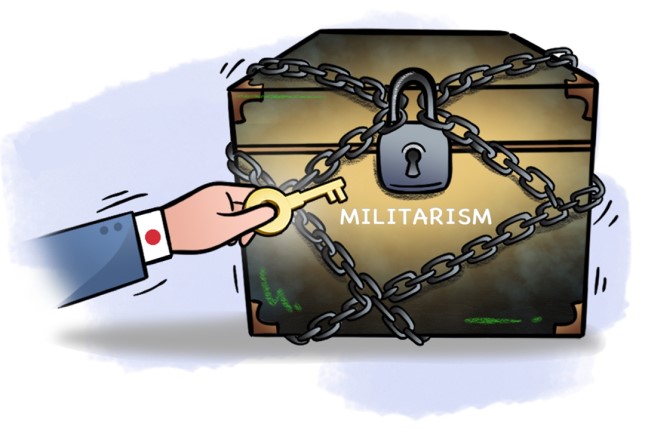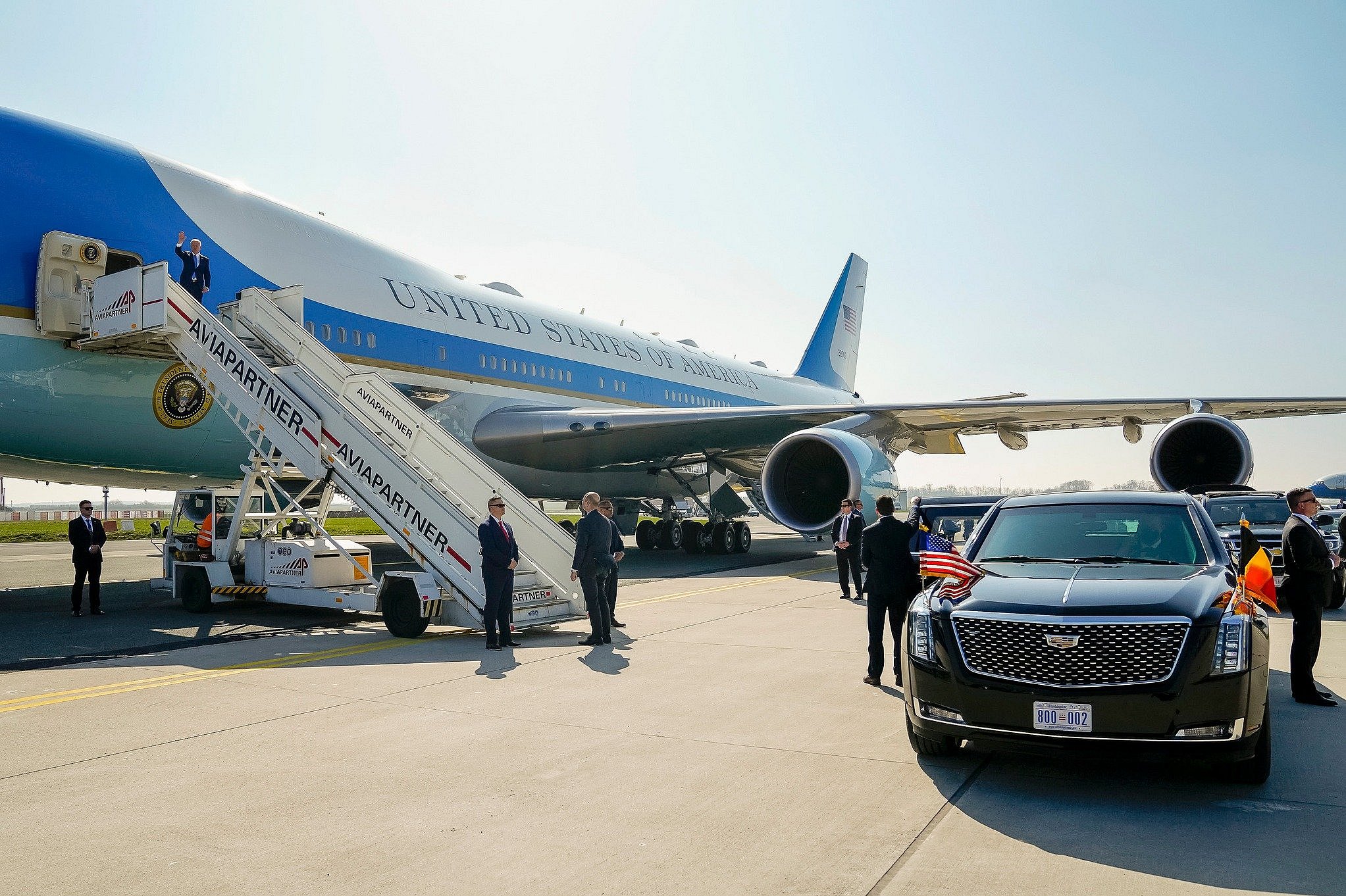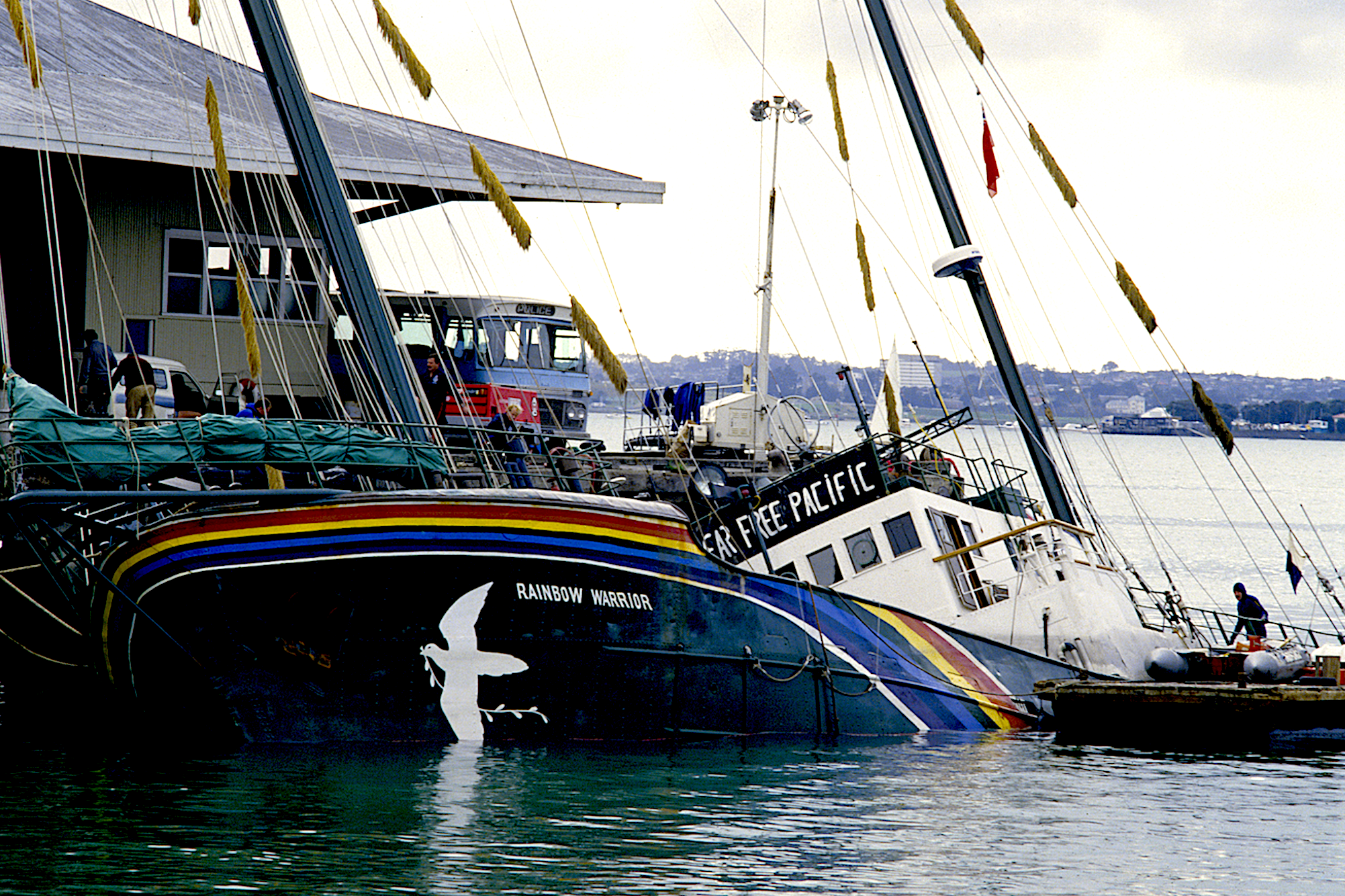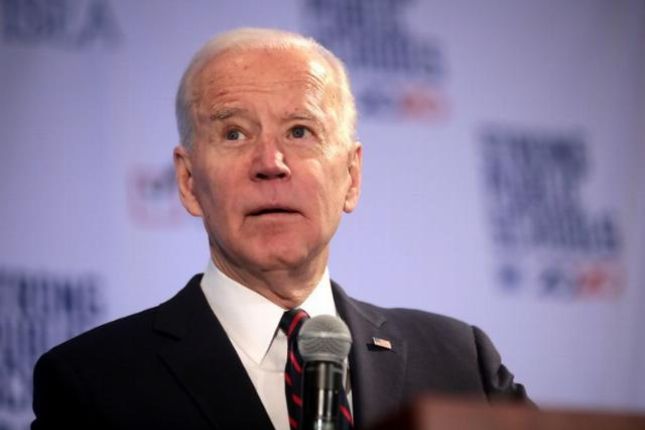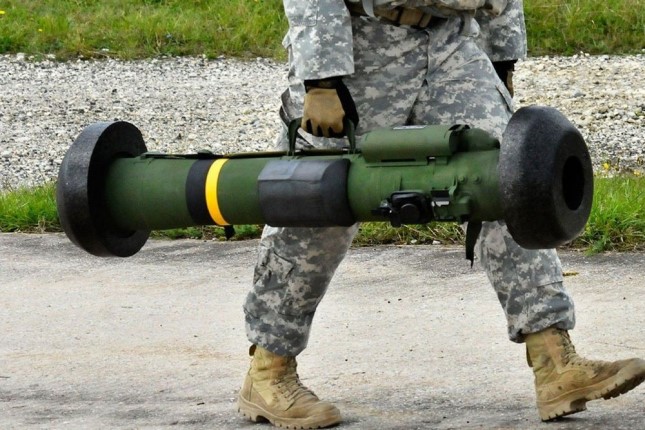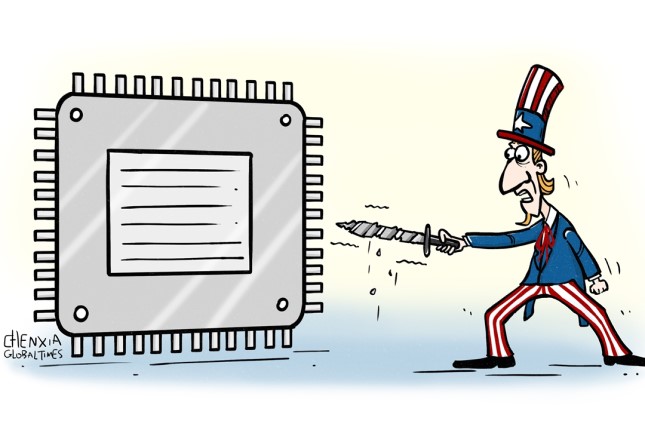They also mentioned increasing the sophistication and frequency of joint drills between the Self-Defense Forces and the Australian military and Tokyo has also asked for Canberra's cooperation in using Australia's vast continent as a testing ground for Japanese missiles that are under development, "apparently with China's growing maritime assertiveness in mind."
This reflects the step-by-step implementation of the Australia-Japan Joint Declaration on Security Cooperation signed by Japanese Prime Minister Fumio Kishida and Australian Prime Minister Anthony Albanese in October 2022. It is also a result of vigorous facilitation and promotion by the US. Japan and Australia are becoming two pawns in the US Indo-Pacific Strategy, or more specifically, in the strategy to contain China. This can be likened to the sharp claws of a feline extending from concealed pads.
Following Washington's instructions and deployment, the two countries are overtly strengthening military interactions and cooperation with the explicit goal of countering China. The impact of this approach on the regional situation is inevitably disruptive and detrimental, poisoning the regional peace environment, intensifying tensions, and exerting significant efforts to push the Asia-Pacific region into security dilemmas or traps.
The revealed development, particularly Japan's intention to conduct long-range missile launch tests in Australia, is indeed noteworthy. Japan lacks strategic depth domestically and does not have the conditions for testing medium to long-range missiles. It also faces the restricts of the constitution. Utilizing Australia's territory for this purpose is undoubtedly advantageous for Japan. Australia is breeding an inexplicable "sense of insecurity" under the malicious instigation and misleading of the US, blindly cooperating with and supporting Japan's dangerous actions instead of taking precautions. This is very regrettable.
If this comes to fruition, it would represent a fundamental and substantive betrayal and breach of the Constitution of Japan. Many peace-loving individuals in the Asia-Pacific region, including a significant number of Japanese citizens, have long been strongly concerned about and vehemently opposed to such actions. Japanese media has described the US-Japan-Australia defense relationship as "changing the rules of the game." However, the development of long-range missiles by Japan goes beyond merely "changing the rules of the game." For countries that have previously suffered from Japanese militaristic aggression, it is more akin to lifting the seal on a demon.
Japan enacted a peace constitution after being defeated in World War II and pursued a principle of "exclusive self-defense," establishing an image of a "peaceful nation" and embarking on a "peaceful path" to help Japan quickly gain recognition and trust from countries affected by World War II and integrate into the international community. The rapid recovery and development of Japan's economy after World War II are closely related to this. However, when Japan deviates from the path of peace, recognition and trust of the international community immediately turn into vigilance and suspicion, further becoming obstacles and restrictions on Japan's development path.
Medium to long-range missiles are undoubtedly significant offensive weapons. In late 2022, Japan passed "three security documents," which clearly stated Japan's commitment to policies such as having "enemy base strike capabilities," including various types of long-range offensive missiles and the "integrated air and missile defense" system used in conjunction with the US military. From this news, it can be seen that Japan is moving forward along the planned route of the new security documents, and ahead of this path lies a huge crisis.
This road is not only full of dangers but also causes great harm to the people and the economy. Japan's defense budget for the fiscal year 2024 will increase by 16.5 percent compared to the previous fiscal year, reaching a historical high. The Asahi Shimbun commented that such a large-scale budget "has completely exceeded its own needs and is in an inflated state." The high defense expenditure will undoubtedly squeeze out more financial resources related to people's livelihoods, negatively impacting the lives of Japanese citizens.
Since the intensification of global geopolitical tensions, Japan has been distorting the concept, turning regional countries' expectations for peace into tacit approval or even support for its military development. Facts have proven that Japan's actions are seriously stimulating the escalation of regional tensions. As victims of Japan's past militaristic aggression, Canberra and the South Pacific countries should in no way contribute to the growth of Japan's military ambitions.
Australia, located in the southern hemisphere, could have been free from the disturbance of geopolitical conflicts. There is absolutely no need to let military weapons from other countries cast a shadow of war over this land. In December of last year, Australian defense minister refused to send warships or aircraft to the US-led Red Sea coalition, citing "our strategic focus is our region." If Australia truly feels responsible for its surrounding region, this should be reflected in actions that maintain peace and reduce the risk of war. And Australia should demonstrate strategic autonomy through practical actions.
Photo © Liu Xiangya / GT.
Source: The Global Times.
